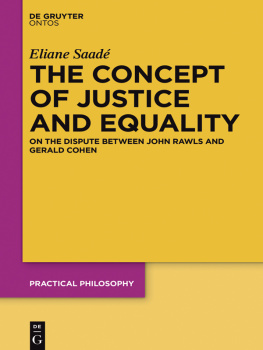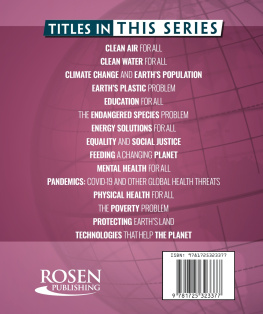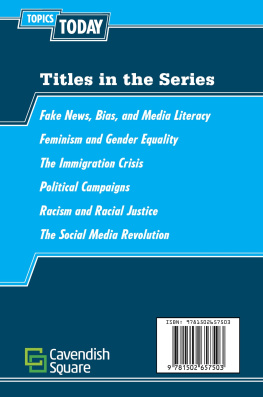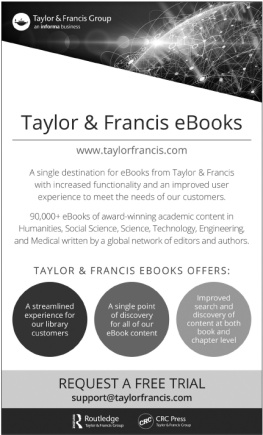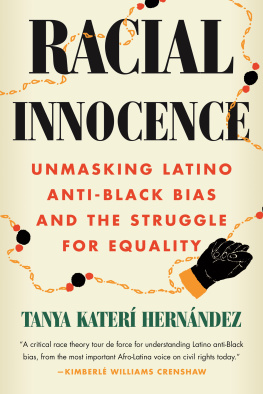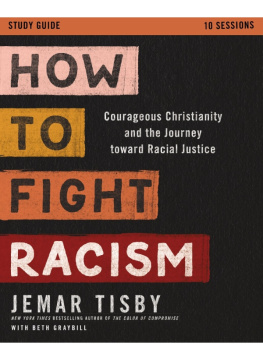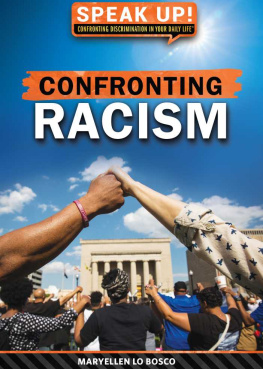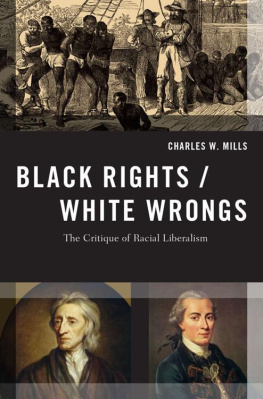Advanced Praise for
I Was Wrong, But We Can Make It Right: Achieving Racial Equality
John Haydon digs deep into his very marrow, into his soul, and gives us with stunning candor a jargon-free primer on how to fix the world whites built. Exquisitely written, his testimony is delivered with great urgency. I shall recommend this book to all my white friends, and to all others as well.
-Patrick Bellegarde-Smith, PhD, professor emeritus of African & African Diaspora Studies (University of Wisconsin-Milwaukee), and author of In the Shadow of Powers: Dantes Bellegarde in Haitian Social Thought
John B. Haydon shares his personal journey in recognizing and working to address racism, lays out the case for its deep roots in our economic, political, educational and religious institutions, and invites us to join him in ending racism. At a time when efforts are underway to ban discussions of racism in our schools, Haydon is making a powerful case to go in the opposite direction. You may not agree with everything Haydon says or suggests, but I hope you will read this book and respond to Haydons challenge.
-Julie Kerksick, Senior Policy Advocate (Community Advocates Public Policy Institute)
Haydons personal narrative of transformation from an oblivious white person to a committed antiracist is essential reading. Moving beyond simply summarizing the problem of racism, Haydon highlights what we, as a society, lose from continued racial exclusion. His commitment to building a just society, a more perfect union, permeates I Was Wrong, But We Can Make It Right . By pointing out the human and economic benefits of ending racism, and by providing institutional and individual actions that we all can take to end racism, Haydon calls us to commit ourselves to antiracism.
-Ermitte Saint Jacques, PhD, cultural anthropologist and assistant professor in the Department of African and African Diaspora Studies (University of Wisconsin-Milwaukee)
In a rare but quite necessary display of self-reflection, author John Haydon shares his own life experiences with racism and inequality through the prism of being a white person. This book is packed with essential data and shared solutions, and it is poignant. In these critical times of racial disparities, it is a must-read!
-Dr. Robert (Bert) Davis, President and CEO of Americas Black Holocaust Museum
This is an open, honest, direct, and inspiring book on racial inequality (racism), written by a white man sharing his lifes journey to understanding. As an African-American woman, I appreciate how the book challenges other white people to join in creating a fair, equal, and just society by eliminating racial inequity. Ive spent my life living and conquering the internal racism caused by the inequities this book so vividly describes, so I became encouraged that the book uses research-based facts and historical data to present rational arguments for why ALL Americans benefit from eliminating racial inequality. As Haydon correctly asserts, Not doing this is just plain stupid!
If this book, written by a white man of privilege, is read and understood by a sufficient number of white people, I believe it will change generations to come.
-Jeanette Mitchell, Ed.D., founder and Interim President/CEO of the African American Leadership Alliance Milwaukee (AALAM) and the African American Leadership Program (AALP)
What strikes me most deeply about this book is John Haydons clarity about very complex issues. By telling his own story of cultivating awareness and knowledge around racism, he provides not only his individual journey, but also a practical road map for others, no matter what era we are born into. There is depth, clarity, and vision here, and this book has made a big contribution to my own awareness, knowledge, and wisdom around racism.
-Patti Digh, author of eight books about diversity, equity, and inclusion, and founder of the Hard Conversations online courses on whiteness and racism
I Was Wrong, But We Can Make It Right: Achieving Racial Equality is an astonishing biography and revelation of an individual who has learned a valuable lesson too late in his life. However, instead of resting on information he calls the big lie, he helps to shed a light on the horrific and taboo topic of racism. Through personal stories and mounds of data, the author attempts to create a type of cognitive dissonance for any honest White reader to recognize that the plight of every African American began with the period of horrific enslavement of a people and continued on through other legislative acts perpetrated by our criminal, educational, health and familial entities. The goal is to recognize that the past cannot be changed, but if we are to prosper as a nation, it is a must that we realize our emotional and financial success is actually linked with all people being treated in an equitable fashion. This is a book that wants to help those who are blind to see. This is a book that wants those who have been oppressed to understand that many of their oppressors have been misled from the beginning and that there is a better chance of healing than once imagined. The Faustian Bargain must be corrected, or it will be to the peril of every member of the human race in America.
-R. Kweku Smith, PhD, Licensed Psychologist and President, BLAQUESMITH Psychological Consultative Services, LLC
It is seldom that you get to read someones personal thoughts of a life well lived, which includes a truthful admission that the path of his life was paved from the very beginning by being a White male. Later in life, as he offered to share some of his life skills in finance with Black men in need, he learned how their lives were paved with many roadblocks to being included in the privileges given to most White men. Dont read if you cant handle the truth.
-Ira Pauline Leidel, retired registered occupational therapist, worked to help people attain their full potential, community volunteer to support schools in the USA, Uganda, and Haiti
I was moved, simply moved, by John Haydons inspiring book, I Was Wrong, But We Can Make It Right: Achieving Racial Equality , which speaks the eloquent truth about racism, while also being refreshingly hopeful. Although John is brutally honest and passionate, he also reflects compassion and humility. As John rightly asks, Isnt it eye-opening that those areas in which we are so similar are what counts, and those areas where we are so different are essentially superficial? To put it simply, this book should be read by everyone, especially by every white person. Period.
-Corey L. Thompson, EdD, Associate Professor (Cardinal Stritch University College of Education, Literacy & Leadership - Milwaukee, Wisconsin); PMAC Director in Partnership with Milwaukee Public Schools; Chair, Masters in Educational Leadership Program; author of 15 Days and Hindsight is 2020: The Year White America Woke Up!
John Haydon is a colleague and a friend who I have come to respect and appreciate through our mutual interactions as members of Christ Episcopal Church in Whitefish Bay, Wisconsin. Johns passion and commitment for racial justice is deep and contagious. Reading his journey from getting it wrong to making it right will draw you into reflecting on your own journey and make you a better witness and advocate in the daunting task of dismantling the sin of racism.
-Rt. Rev. Edwin M. Leidel, Jr., D. Min., D.D., Episcopal (Anglican) Priest; formerly served as the first Bishop of the Diocese of Eastern Michigan, Assistant Bishop in the Canadian Diocese of Huron, Provisionary Bishop of the Eau Claire, Wisconsin Diocese, and Acting Dean of the Cathedral in Australias Northern Territory; author of Awakening Grassroots Spirituality: A Celtic Guide For Nurturing and Maturing the Soul and various other scholarly works


